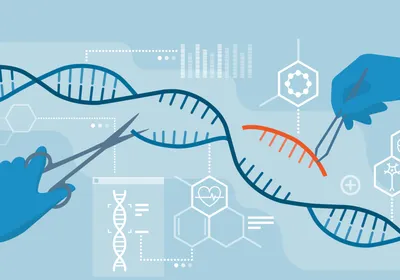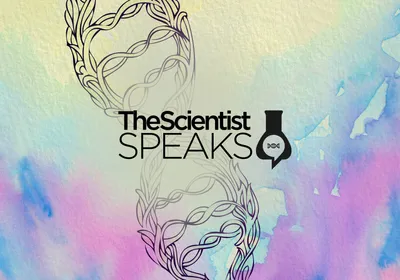Editing monkeys’ genomes in their livers reduced the animals’ blood cholesterol levels, researchers reported yesterday (July 9) in Nature Biotechnology. The results suggest the technique could one day be used to treat certain heart disease patients who do not tolerate drugs designed to combat high cholesterol.
“It’s very nice work, one of the first demonstrations of gene-editing tools used with high efficiency in nonhuman primates,” Kiran Musunuru, a cardiologist and geneticist at the University of Pennsylvania who was not involved in the study, tells Science.
In the study, University of Pennsylvania gene therapy researcher James Wilson and his colleagues used a gene-editing tool called a meganuclease to target and inactivate the gene PCSK9, which produces a protein that prevents the body from removing LDL, the “bad” form of cholesterol, in the monkeys’ livers. The approach “worked incredibly well,” Wilson tells Science.
PCSK9 levels dropped by as much as 84 percent ...





















